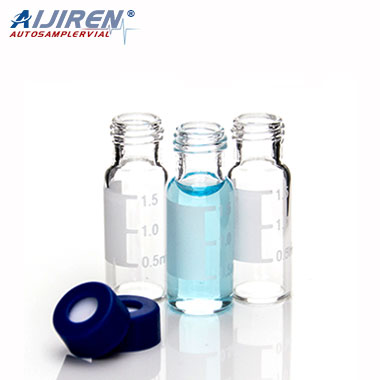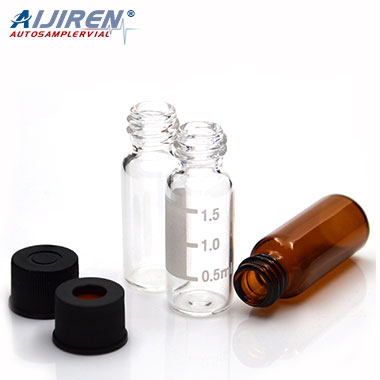Explore the critical role of membrane filters in food and beverage processing. Ensure safety and quality with advanced filtration techniques.
Explore the critical role of membrane filters in food and beverage processing. Ensure safety and quality with advanced filtration techniques.
Explore the vital role of membrane filters in treating complex pharmaceutical effluents. Learn how they ensure clean and safe disposal.
Discover the compatibility of PTFE syringe filters with corrosive gases and vapors. Explore filtration efficacy and material resilience. Learn more.
Discover the compatibility of PTFE syringe filters with alcohols. Learn about chemical resistance, testing, and considerations for effective filtration.
Explore the suitability of PTFE syringe filters for filtering particulate matter. Learn about their effectiveness and best practices for efficient filtration.

Syringe filters are essential laboratory tools used to remove particulate matter and other impurities from samples before analysis. One common type of syringe filter is the 0.45 um syringe filter, which is designed to remove particles and microorganisms that are larger than 0.45 microns in size. This filter is widely used in various applications such as analytical chemistry, pharmaceuticals, and microbiology. However, many questions arise about this type of syringe filter, and this article aims to address some of the frequently asked questions (FAQs) about the 0.45 um syringe filter.

Nylon syringe filters are widely used in laboratory applications for the filtration of various solutions, including aqueous and organic solutions. They are known for their high chemical resistance and excellent performance in the filtration of small particles and microorganisms. However, with the vast array of nylon syringe filters available in the market, it can be challenging to choose the right one for your specific application. This is where FAQs on nylon syringe filters come in handy. Here, we have compiled some of the most commonly asked questions about nylon syringe filters to help you make informed decisions about your laboratory filtration needs.